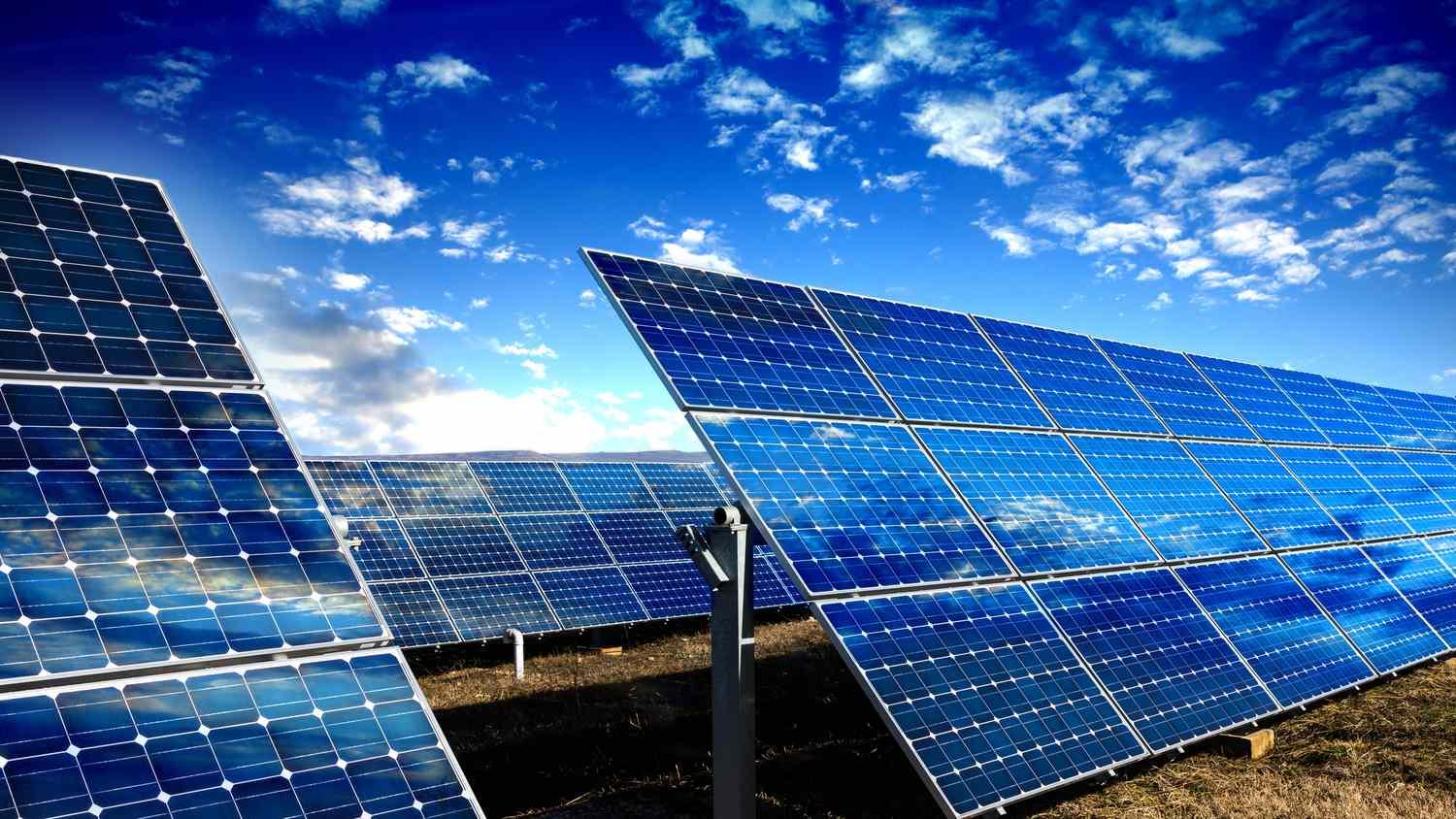Investing in land can be an exciting and lucrative endeavor, whether you're purchasing property for future development, farming, or recreational purposes. However, securing financing for land purchases can often be a bit more complex than getting a traditional home mortgage. That's where a land mortgage comes into play. If you're new to the process or simply need more clarity, don’t worry—this guide will walk you through everything you need to know about securing a land mortgage and making your property investment dreams a reality.
What is a Land Mortgage?
At its core, a land mortgage is a loan specifically designed for the purchase of land. Unlike traditional home mortgages, which are used to buy homes or residential properties, a land mortgage is used when you’re buying vacant land or undeveloped property. Whether it’s raw, agricultural, or land you intend to build on later, this type of loan will help finance your purchase.
Lenders are typically more cautious when it comes to land mortgages because land, unlike a home, doesn’t provide immediate income or value. In fact, land is often considered a higher-risk asset, which is why land mortgages generally come with more stringent requirements and higher interest rates compared to regular mortgages.
Why Choose a Land Mortgage?
Purchasing land is a significant financial commitment. Whether you’re looking to build a dream home, develop a commercial property, or simply invest in land for future use, having a mortgage option allows you to spread out the cost and manage your investment more effectively.
Here are a few reasons why you might consider taking out a land mortgage:
- Long-Term Investment: Land is generally seen as a long-term investment. A mortgage allows you to finance the purchase now and pay over time while your investment appreciates in value.
- Flexibility in Use: With land, you have a lot of flexibility. Whether you plan to develop the land, build a house, or hold onto it for future resale, you have options, and securing a land mortgage can help you act on those options sooner.
- Ownership and Equity: Just like with any mortgage, paying down a land mortgage builds equity. Over time, as you pay off the loan, you gain more ownership of the property, which can become a valuable asset down the line.
Types of Land Mortgages
When it comes to securing a land mortgage, there are a few different types of loans available, depending on your situation and the land you're purchasing. Understanding the different types of land mortgages will help you make an informed decision.
1. Raw Land Mortgage
Raw land refers to undeveloped land that has no infrastructure or improvements, such as utilities or roads. Since raw land comes with a higher level of risk for lenders, these types of mortgages tend to have higher interest rates and stricter requirements. Lenders may require a larger down payment (often 30% or more) and may limit the length of the loan.
2. Improved Land Mortgage
Improved land refers to property that has some level of development, such as access to utilities or roads. This type of land is generally seen as less risky by lenders, meaning the terms of the mortgage may be more favorable compared to raw land. Lenders may offer better interest rates and require smaller down payments.
3. Land Development Loans
If you're purchasing land with the intent to develop it, you might be eligible for a land development loan. These loans are designed for investors looking to purchase land for construction or to subdivide for residential or commercial use. These loans typically come with specific guidelines on how the property must be developed, and lenders may require detailed plans or permits.
How to Secure a Land Mortgage
Securing financing for land purchases involves several key steps. While the process is similar to that of a home mortgage, there are some differences to keep in mind. Here’s what you can expect when applying for a land mortgage:
1. Evaluate Your Land Mortgage s
Before you start the application process, it’s important to evaluate your financial situation. Lenders will look at several factors when considering your mortgage application, including:
- Credit Score: Lenders will assess your creditworthiness to determine the interest rate and loan terms. A higher credit score can increase your chances of securing favorable terms.
- Down Payment: As mentioned, land mortgages often require a larger down payment—typically 20% to 50% depending on the type of land. Ensure you have enough savings set aside for this upfront cost.
- Income and Debt: Lenders will also look at your income and debt-to-income ratio. A steady income and low debt load will help demonstrate that you can manage the mortgage payments.
2. Research Lenders
Not all lenders offer land mortgages, so it’s important to research your options carefully. Traditional banks, credit unions, and online lenders may offer land mortgage loans, but the terms can vary significantly. It’s worth considering specialized lenders who focus on land loans, as they may offer better terms or be more willing to work with you based on the land’s potential.
3. Determine the Loan Terms
When applying for a land mortgage, you’ll need to understand the loan terms, such as:
- Interest Rate: The interest rate on a land mortgage will depend on the type of loan, your credit score, and the land’s value. Expect higher interest rates than a traditional home loan, especially if you're purchasing raw land.
- Loan Duration: Land mortgages typically have shorter loan durations, often between 15 to 20 years. You should also check for prepayment penalties if you plan to pay off the loan early.
- Repayment Options: Some lenders offer flexible repayment options, while others require a fixed monthly payment. Choose the one that best fits your budget and long-term plans.
4. Get the Land Appraised
Lenders will likely require a professional appraisal to assess the value of the land. The appraisal will determine how much the property is worth and ensure it aligns with the loan amount you're requesting. Be prepared for the cost of the appraisal, which is typically the borrower’s responsibility.
5. Close the Deal
Once you’ve secured financing, the final step is the closing process. This includes reviewing and signing the mortgage agreement, paying closing costs, and transferring the title of the property. After closing, you’ll officially be the owner of the land, and your mortgage payments will begin.
Tips for Success
- Consider Land Potential: When buying land, it’s important to consider its future potential. Look at factors like location, zoning laws, accessibility, and nearby developments. This will not only help you make an informed purchase but also ensure that your investment appreciates over time.
- Consult a Real Estate Professional: Land purchases can be complex, so it’s always a good idea to consult with a real estate agent or a property lawyer who specializes in land. They can guide you through the process and help ensure you make the right decisions.
- Check Local Regulations: Before purchasing land, check for any zoning laws, environmental restrictions, or permits required for your intended use of the land. This can save you from unexpected issues down the line.
Conclusion
Securing a land mortgage can be a powerful way to invest in property, but it’s important to fully understand the process and your financing options. By researching the different types of land loans, assessing your financial situation, and working with the right lenders, you can successfully secure funding for your property purchase. With careful planning and the right approach, a land mortgage can be the key to unlocking new opportunities in the property market and turning your land investment into a valuable asset.






